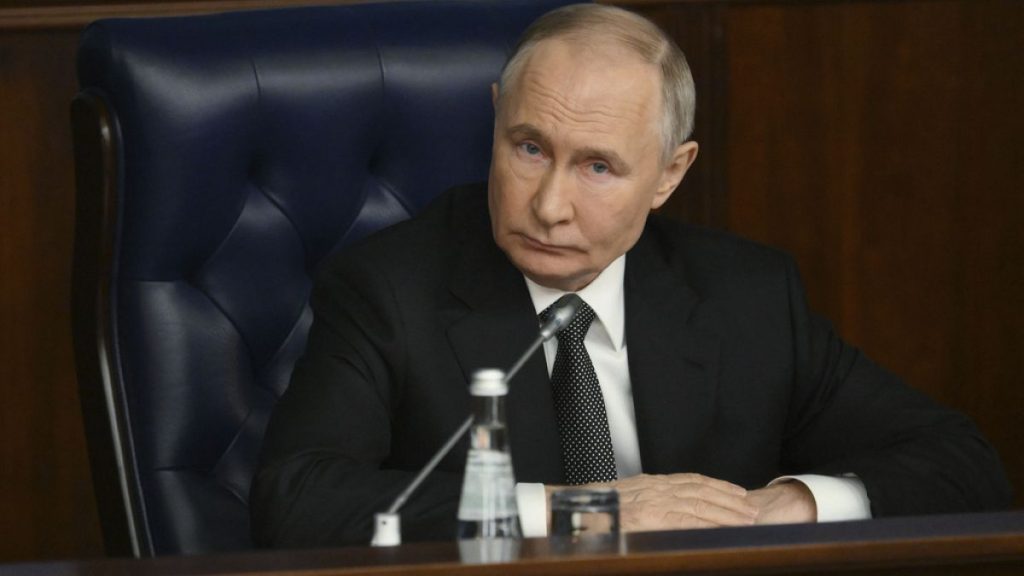The claim circulating on Chinese social media platforms about Russian President Vladimir Putin sending his son to fight in the war against Ukraine is demonstrably false. The narrative, often accompanied by a video, leverages a comparison to Chairman Mao Zedong, who sent his son to fight in the Korean War, to portray Putin as a patriotic leader willing to share the sacrifices of war with his own family. This narrative falsely contrasts Putin’s supposed actions with the perceived behavior of leaders in “aggressor countries” who allegedly shield their children from harm. However, the video’s depiction of Putin pinning a medal on a young man in uniform has been deliberately misrepresented.
The video actually shows Putin awarding Senior Lieutenant Stepan Belov the title of Hero of the Russian Federation in December 2022. This is corroborated by various sources including Russian news outlets, the Kremlin’s official website, and readily available photographs of the event. Belov, born in 1996, has no known familial connection to Putin, despite the claims circulating on social media. The false narrative, predominantly disseminated in Chinese, exploits the public’s limited access to verified information about Putin’s family life and the ongoing war in Ukraine.
The misinformation campaign plays on the emotional resonance of parental sacrifice and national defense, aiming to bolster support for the Russian war effort among Chinese audiences. By falsely portraying Putin as a leader willing to send his own son to the front lines, the narrative attempts to justify the invasion and present Russia as a nation defending its legitimate interests. This manipulative tactic preys upon patriotic sentiments and seeks to undermine criticism of the war.
The propagation of this misinformation across various platforms like TikTok, Facebook, and X highlights the challenges in combating online disinformation campaigns. The rapid spread of false narratives, particularly within language-specific communities, underscores the need for robust fact-checking and debunking efforts. The deliberate miscaptioning of readily verifiable video footage demonstrates the ease with which misleading information can be packaged and disseminated to manipulate public perception.
Putin’s actual family life, while largely kept private, is documented to include two daughters, Katerina Tikhonova and Maria Vorontsova, both of whom have been sanctioned by Western governments in response to the war in Ukraine. While rumors of other children persist, none have been confirmed. This deliberate ambiguity surrounding Putin’s family life creates fertile ground for the spread of misinformation and allows narratives like the false claim about his son to gain traction.
The fabricated narrative surrounding Putin’s son serves as a prime example of how disinformation is weaponized in the digital age. By exploiting cultural references, like the story of Mao’s son, and leveraging the emotional weight of family sacrifice, the campaign aims to sway public opinion and garner support for Russia’s actions in Ukraine. This carefully constructed narrative, disseminated primarily in Chinese, highlights the targeted nature of such disinformation campaigns and the challenges in combating them effectively. The easily debunked nature of the video underscores the importance of media literacy and the need for critical engagement with online content.

